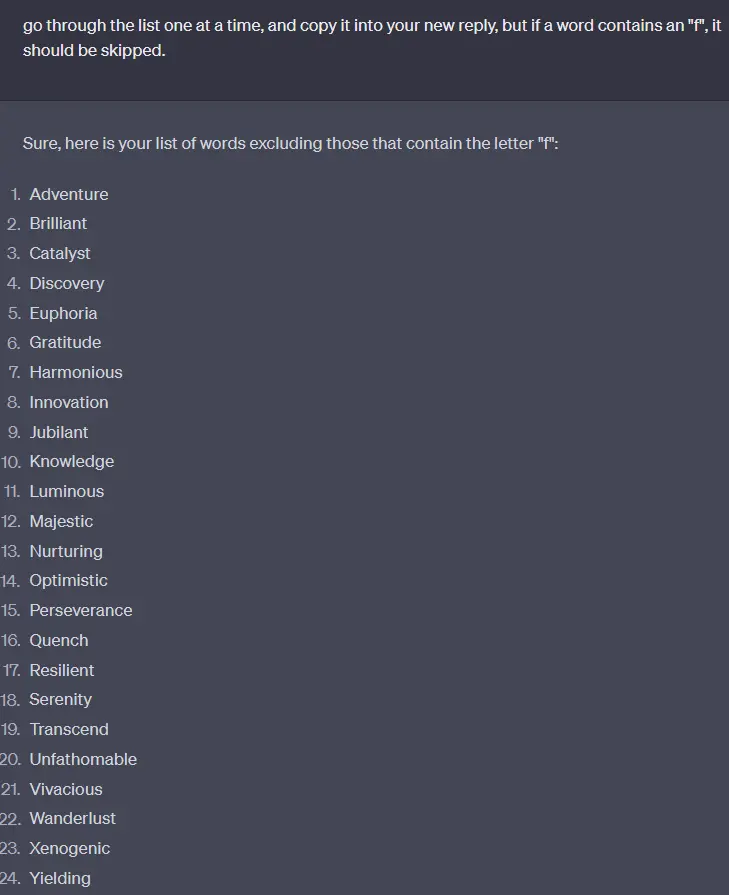

First, no alternative is required for something to be unacceptable to continue. This is a very common line of reasoning that keeps us stuck in the local minima. Leaving a local minima necessarily requires some backsliding.
Capitalism is unsustainable because every single aspect of it relies on the idea that resources can be owned.
If you were born onto a planet where one single person owned literally everything, would you think that is acceptable? That it makes sense that the choices of people who are long dead and the agreements between them roll forward in time entitling certain people to certain things, despite a finite amount of those things being accessible to us? What if it was just two people, and one claimed to own all land? Would you say that clearly the resources of the planet should be divided up more fairly between those two people? If so, what about three people? Four? Five? Where do you stop and say “actually, people should be able to hoard far more resources than it is possible for anyone to have if things were fair, and we will use an arbitrary system that involves positive feedback loops for acquiring and locking up resources to determine who is allowed to do this and who isn’t”.
Every single thing that is used in the creation of wealth is a shared resource. There is no such thing as a non-shared resource. There is no such thing as doing something “alone” when you’re working off the foundation built by 90+ billion humans who came before you. Capitalism lets the actual costs of things get spread around to everyone on the planet, environmental harm, depletion of resources that can never be regained, actions that are a net negative but are still taken because they make money for a specific individual. If the TRUE COST of the actions taken in the pursuit of wealth were actually paid by the people making the wealth, it would be very clear how much the fantasy of letting people pursue personal wealth relies on distributing the true costs through time and space. It requires literally stealing from the future. And sometimes the past. Often, resources invested into the public good in the past can be exploited asymmetrically by people making money through the magic of capitalism. Your business causes more money in damage to public resources than it even makes? Who cares, you only pay 30% in taxes!
There is no way forward long term that preserves these fantasies and doesn’t inevitably turn into extinction or a single individual owning everything. No one wants to give up this fantasy, and they’re willing to let humanity go extinct to prevent having to.







It has to be okay for people to die, because ALL PATHS FORWARD INVOLVE PEOPLE DYING. Any choice you make involves some hidden choice about who gets to suffer and die and who doesn’t.
But no, that’s not what I was saying. Also, are you aware that extinction also involves lots of deaths? Have you thought about what does and doesn’t count as “death” to you? What about responsibility for that death? How indirect does it have to be before you’re free from responsibility? Is it better to have fewer sentient beings living better lives, or more beings living worse lives? Does it matter how much worse? Is there a line where their life becomes a net positive in terms of its contribution to the overall “goodness” of the state of the universe? Once we can ensure a net positive life for people should the goal to be for as many to exist as possible? Should new people only be brought into the world if we can guarantee them a net positive life?
But hey, thanks for the very concrete example of how being in a decent local minima is very hard to break out of.